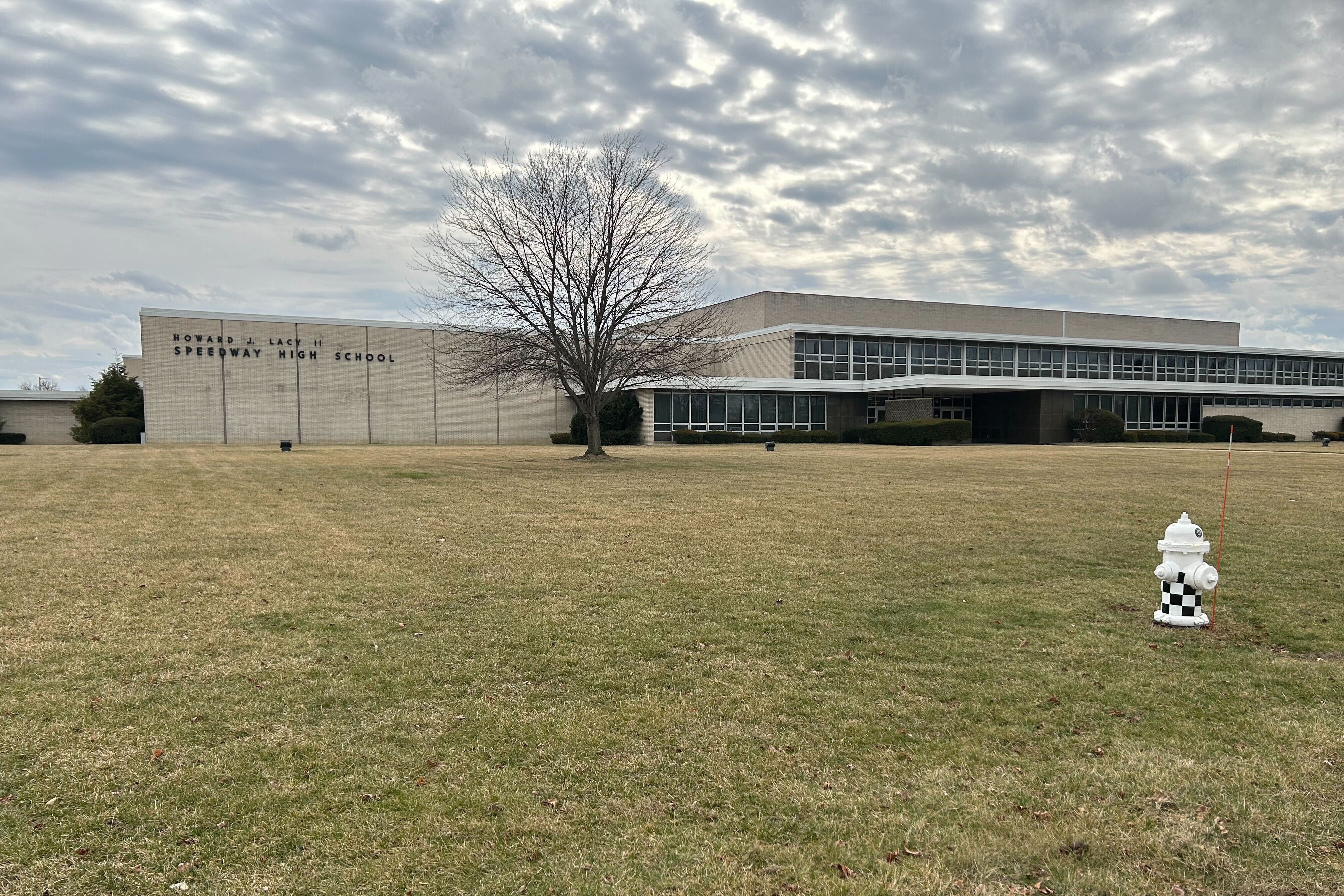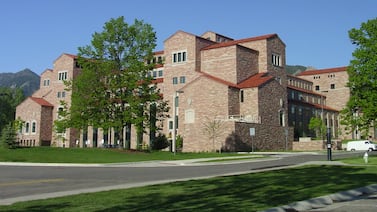The School Town of Speedway is asking voters to renew an existing referendum for operating expenses that would help the small district continue funding its staff.
Speedway joins two other Marion County school districts in asking voters in May to approve more funding.
The referendum for operational expenses for Speedway, a district of roughly 1,850 students, would renew the previous operating referendum tax rate of 59 cents per $100 of assessed value, which voters passed in 2010 and again in 2016.
Superintendent Kyle Trebley said all of the funding will pay for the school district’s employees, including teachers, paraprofessionals, and custodians.
“This is a continuation of what we’ve always had,” Trebley said.
But changes to state law have altered the way the referendum language must be presented to voters. School districts must now state the percentage increase in property taxes that a proposed referendum would bring to the school district.
District leaders and experts worry that the language could be misinterpreted, leading voters to assume a much higher increase in their personal property taxes than actually proposed.
Although Speedway voters have approved the maximum rate of 59 cents in the past, the district has routinely issued a rate lower than that, at 53 cents in 2022, 50 cents in 2021, and roughly 51 cents in 2020.
“That’s one thing our constituents I think are proud about,” Trebley said.
That rate has generated roughly $4 million to $5 million annually since 2019, according to Department of Local Government and Finance records.
The School Town of Speedway, which has six schools and 126 full-time teachers, is different from most Marion County districts.
Speedway, which covers an area under five square miles, is small enough for all students to walk to school and does not use transportation. That means the district is able to avoid the rising costs of buses and fuel that plague larger districts.
The district also has the highest proficiency rates in Marion County for both English and math on the state ILEARN test, which is administered in grades 3-8.
And the school district has garnered more support for its previous ballot questions than Warren and IPS, both of which are also seeking referendum revenue from taxpayers in May. In Speedway, the referendum received roughly 86% approval from voters in 2010 and 90% in 2016.
“We believe that the community and the schools go hand in hand, so I’m hoping for a great turnout,” Trebley said.
In addition to Speedway, IPS and Warren Township schools are seeking a referendum in May.
IPS, which tabled its operating referendum amid significant pushback from the charter school and business community, still seeks a $410 million referendum for capital expenses.
Warren Township, meanwhile, hopes to increase its existing operating referendum tax rate from 21 cents per $100 of assessed value to 30 cents.
Two bills in the state legislature could change how much in referendum funds school districts collect.
One bill would require districts to share a portion of operating referendum revenue with charter schools — but it would only apply to ballot questions passed after June 2023.
Another would cap the amount of revenue a district could collect from a ballot measure for operating expenses in 2024 only, limiting revenue growth to no more than 5% from 2023.
Amelia Pak-Harvey covers Indianapolis and Marion County schools for Chalkbeat Indiana. Contact Amelia at apak-harvey@chalkbeat.org.




